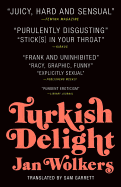Wi12: Another Wonderful Winter Institute
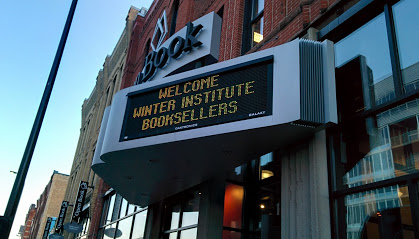 Winter Institute 2017, which began on Friday and ends tonight, in Minneapolis, Minn., continues the excellent tradition of the previous 11 Winter Institutes. Once again, it's a place where booksellers--650 this year, a new high--talk shop, learn from one another, learn from the many solid educational panels, meet authors, hear about upcoming titles and revel in all the things that make independent bookselling so special and satisfying--despite its many challenges.
Winter Institute 2017, which began on Friday and ends tonight, in Minneapolis, Minn., continues the excellent tradition of the previous 11 Winter Institutes. Once again, it's a place where booksellers--650 this year, a new high--talk shop, learn from one another, learn from the many solid educational panels, meet authors, hear about upcoming titles and revel in all the things that make independent bookselling so special and satisfying--despite its many challenges.
The American Booksellers Association has once again organized matters masterfully, tweaking the event a bit but maintaining the elements that have made the Winter Institute into the most important event in the country for independent bookselling. So far highlights have included a rousing breakfast keynote by Roxane Gay (see article below); a fascinating conversation between Lesley Stahl and Ann Patchett, wide-ranging bookseller discussion groups, a striking presentation about his stores' transformation by Foyles CEO Paul Currie, the organizing of Indies Forward, a new group for young professionals in bookselling and publishing, and a vibrant, challenging town hall meeting that drew hundreds of booksellers.
Nearly half of the 650 bookseller attendees were first-timers, as many stores that have attended for years made a point of sending newbies. There were also a impressive number of younger booksellers, which many old-timers commented on approvingly. ("Our future is here," one said.) They've been energetic, passionate and questioning.
Because of the presidential election, politics has been a constant subject--in many conversations as well as some panels. Besides general concerns, many booksellers discussed the role of bookstores in the new political climate--how and whether they can be a refuge and safe place or a passionate advocate for change or a place where a range of ideas and opinions are presented--or a combination of those things.
There have also been spirited, often pointed discussions about the lack of people of color and marginalized people in the book business in general, as well as in bookselling and on the ABA board. A conversation has begun, and it seemed that for the ABA and many booksellers, this would mark the beginning of some constructive work.
Knock on wood, this was perhaps the first Winter Institute that was unaffected by snowstorms, either in the host city or in other parts of the country. In fact, locals described the weather, with average temperatures in the 20-degree range, as unusually nice--at least for Minnesota in January.
And once again, we wish to thank Mitchell Kaplan, owner of Books & Books in Florida and the Cayman Islands, who, as ABA president, came up with the idea of the Winter Institute more than a dozen years ago.








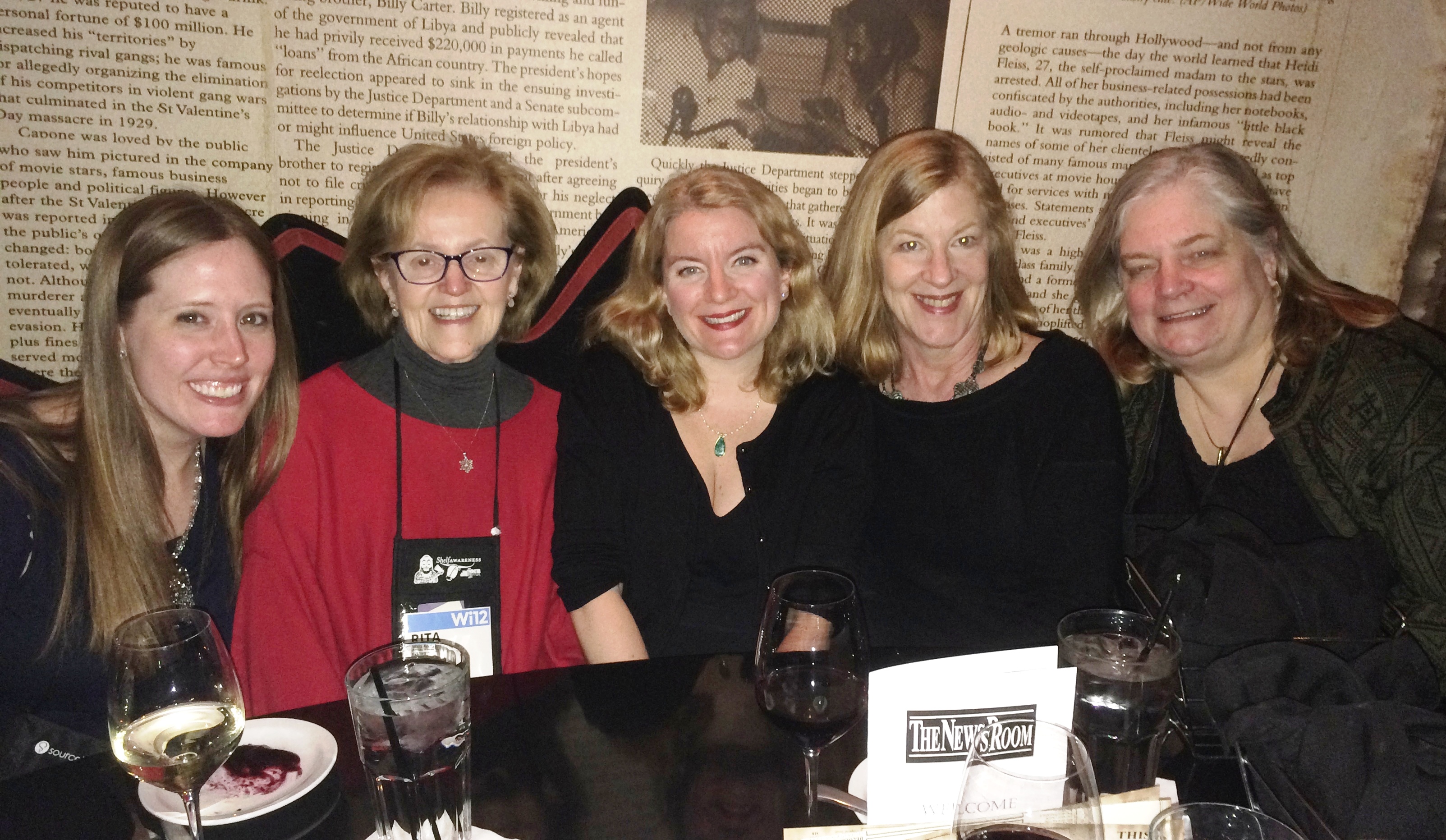
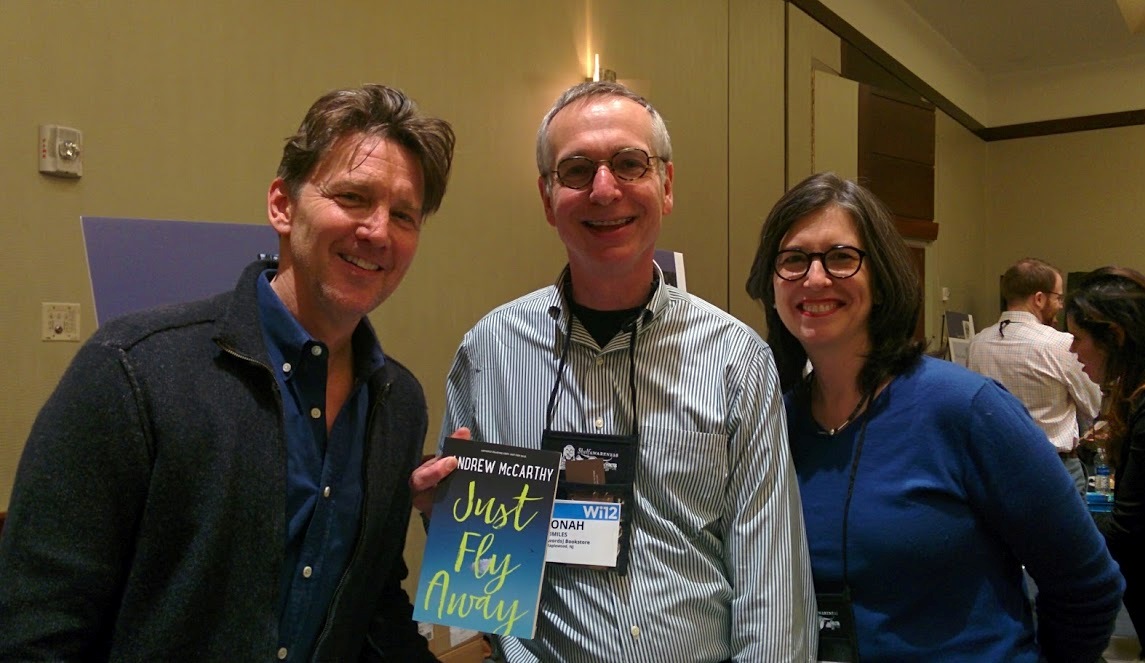
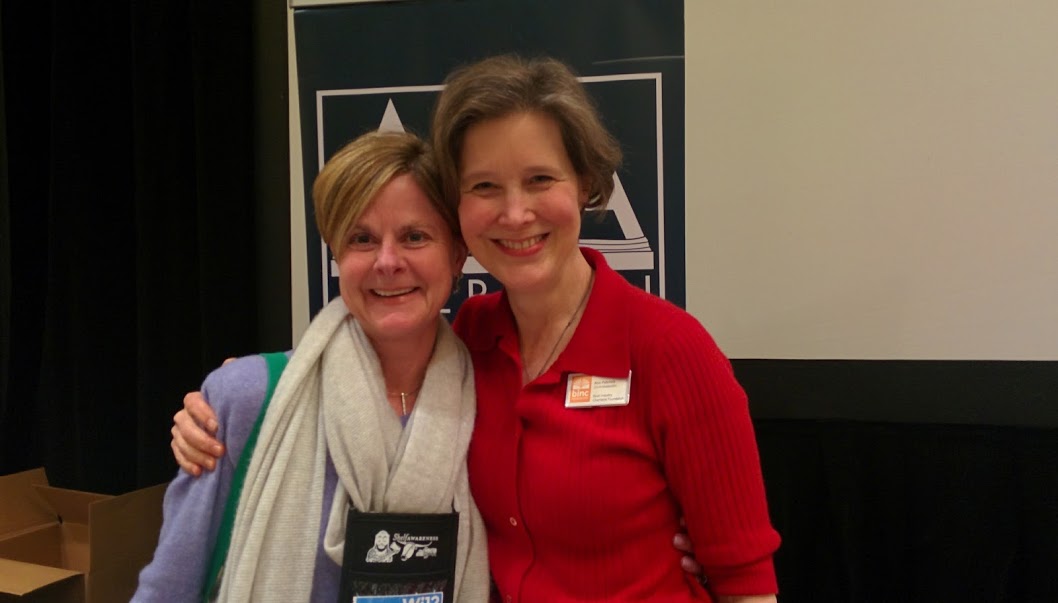
 "What I do know is that today, tomorrow and for the foreseeable future, everything we do is political as readers, as writers, as booksellers, as people," said author Roxane Gay during the opening keynote at Winter Institute 2017 on Saturday morning. In a passionate, 20-minute talk that concluded in a standing ovation, Gay discussed the lack of diversity in publishing and bookselling, the problem of endlessly discussing the lack of diversity without doing anything about it, the role of books and bookstores as places of sanctuary, and what book people can do under the presidency of Donald Trump.
"What I do know is that today, tomorrow and for the foreseeable future, everything we do is political as readers, as writers, as booksellers, as people," said author Roxane Gay during the opening keynote at Winter Institute 2017 on Saturday morning. In a passionate, 20-minute talk that concluded in a standing ovation, Gay discussed the lack of diversity in publishing and bookselling, the problem of endlessly discussing the lack of diversity without doing anything about it, the role of books and bookstores as places of sanctuary, and what book people can do under the presidency of Donald Trump.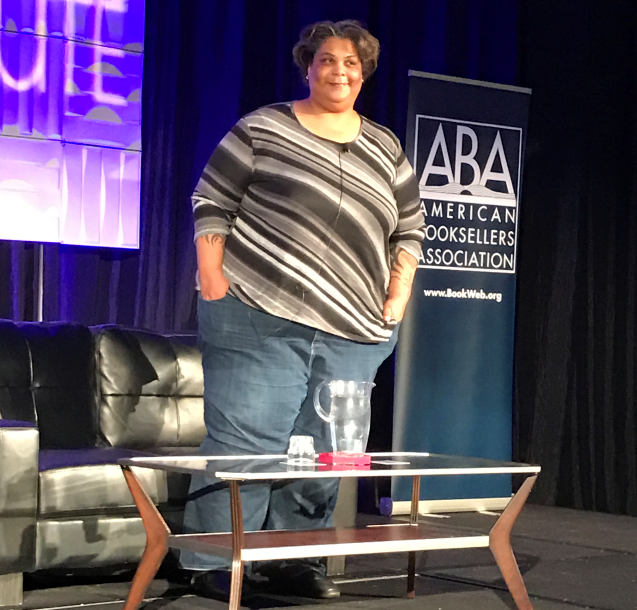 "[In contemporary publishing] people of color are not asked about our areas of expertise, as if the only thing we're allowed to be experts on is our marginalization," said Gay, who last year stated that she wanted no part of any more panel discussions on diversity. "We are asked to offer good white people absolution from the ills of racism."
"[In contemporary publishing] people of color are not asked about our areas of expertise, as if the only thing we're allowed to be experts on is our marginalization," said Gay, who last year stated that she wanted no part of any more panel discussions on diversity. "We are asked to offer good white people absolution from the ills of racism."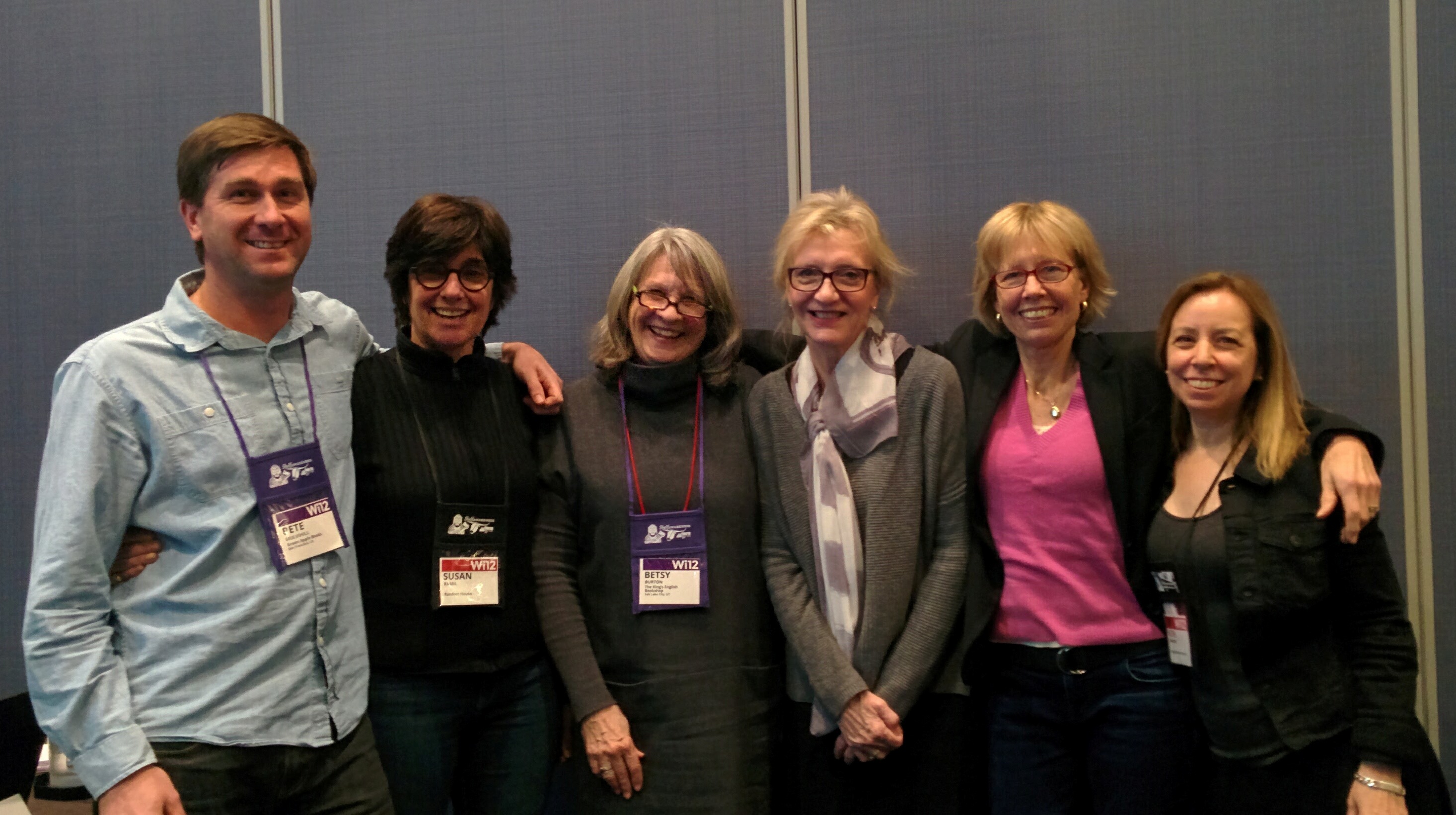
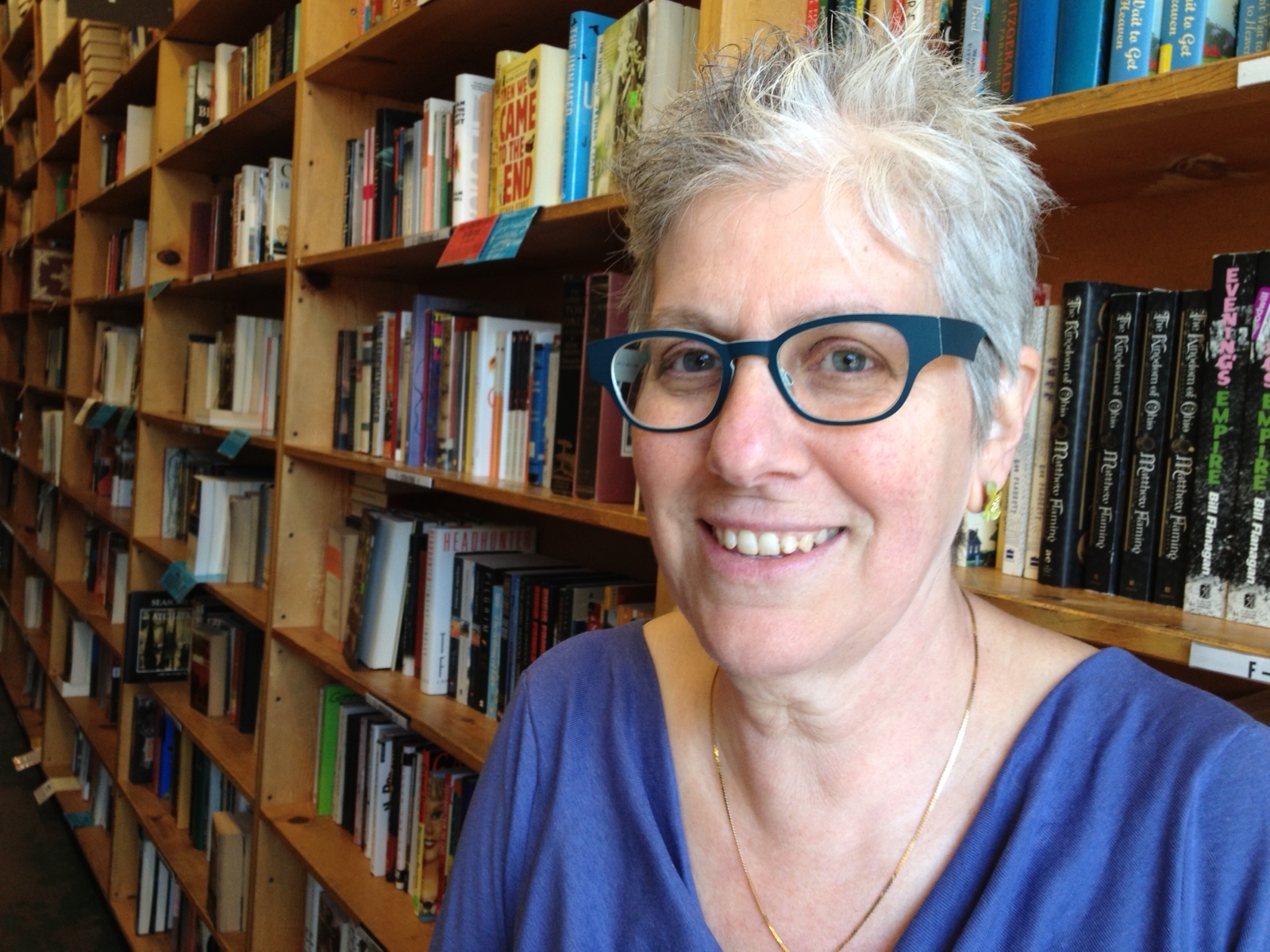
 Arcadia Publishing, which focuses on publishing local and regional books in the United States, is dusting off old history for modern audiences with its new Marula imprint. Marula will reprint public domain titles of historical interest that might otherwise have fallen into obscurity. These paperback facsimiles will cover topics from colonial homemaking, Victorian-era cooking, firsthand accounts of the Civil War, early guides to American cities and travelogues on emerging railroad lines.
Arcadia Publishing, which focuses on publishing local and regional books in the United States, is dusting off old history for modern audiences with its new Marula imprint. Marula will reprint public domain titles of historical interest that might otherwise have fallen into obscurity. These paperback facsimiles will cover topics from colonial homemaking, Victorian-era cooking, firsthand accounts of the Civil War, early guides to American cities and travelogues on emerging railroad lines.

 The Family Gene: A Mission to Turn My Deadly Inheritance into a Hopeful Future
The Family Gene: A Mission to Turn My Deadly Inheritance into a Hopeful Future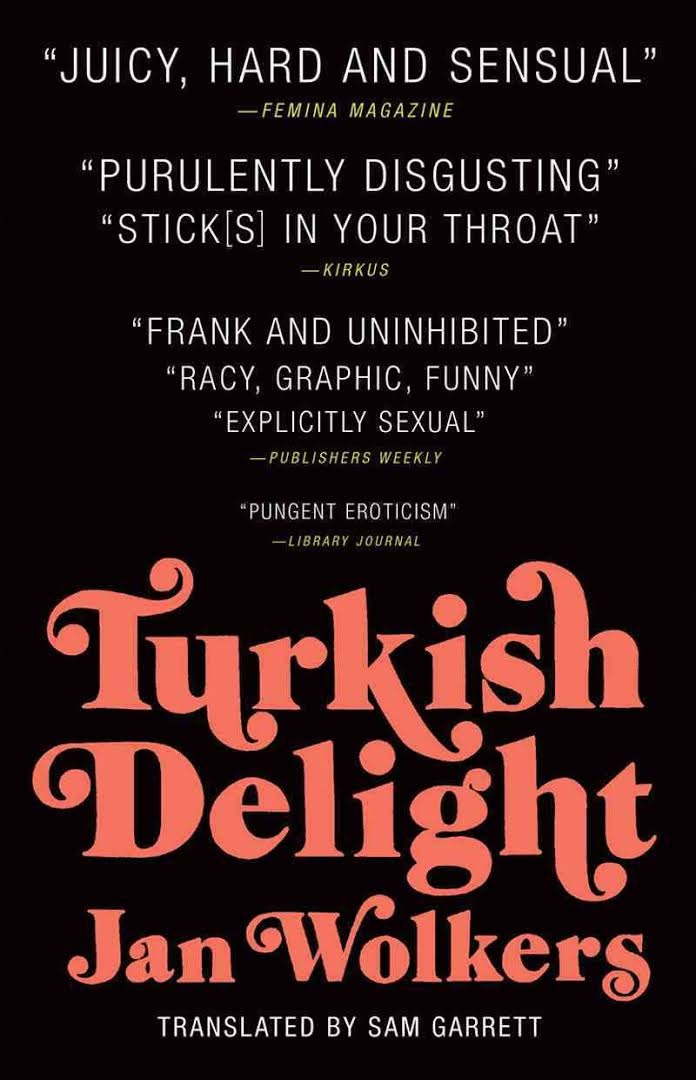 Jan Wolkers's 1969 novel Turks Fruit was translated from the Dutch into many languages and adapted into a highly regarded 1973 film. Sam Garrett's English translation is not the first of this work, but reflects its continuing appeal.
Jan Wolkers's 1969 novel Turks Fruit was translated from the Dutch into many languages and adapted into a highly regarded 1973 film. Sam Garrett's English translation is not the first of this work, but reflects its continuing appeal.